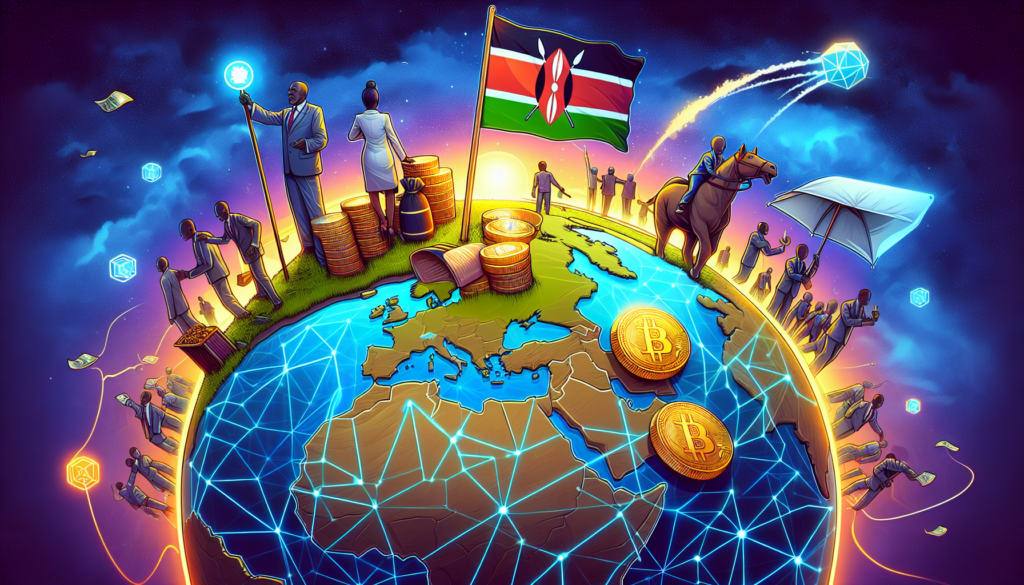
Kenya is set to join the growing list of countries establishing regulations for cryptocurrencies. This move marks a significant change from the Central Bank of Kenya’s (CBK) previous warnings regarding the use of these digital assets. John Mbadi, the Treasury Cabinet Secretary, affirmed on January 10 that the government is dedicated to forming the necessary legal framework for digital currencies.
The new plan, called “National Policy on Virtual Assets and Virtual Asset Service Providers,” intends to establish a fair, competitive, and stable market for cryptocurrencies in Kenya. Simultaneously, it aims to manage risks such as money laundering, financing terrorism, and customer security issues. The draft proposal further aims to create a comprehensive legal framework for virtual asset activities and providers while developing and implementing standards for these entities.
The public has until January 24 to provide feedback on the draft proposal. Once approved, Kenya will join Nigeria and South Africa as countries that have formally regulated the use of cryptocurrencies.
Cryptocurrencies aren’t banned in Kenya, but the CBK had advised against their use in a public notice in December 2015. The notice highlighted the potential for fraud and their use in illicit activities due to a lack of legal protection. The tide turned in September 2023, ending in a completed risk assessment on money laundering and terrorism financing connected to virtual assets. The report suggested regulation of these activities to reduce risks and reinforce Anti Money Laundering (AML) rules.
In its 2024 report, Chainalysis, a blockchain data platform, placed Kenya 21st on the global Crypto Adoption Index. Almost half of the entire transaction volume in the region consists of Stablecoin transactions, primarily due to widespread currency devaluation. About 43% of Sub-Saharan Africa’s total transaction volume is credited to Stablecoins. Kenya had earned $3.3 billion from July 2023 – July 2024 in Stablecoin transactions, while Nigeria led the region with a transaction volume of $21.8 billion, followed by South Africa at $13.5 billion and Ghana at $3.9 billion.